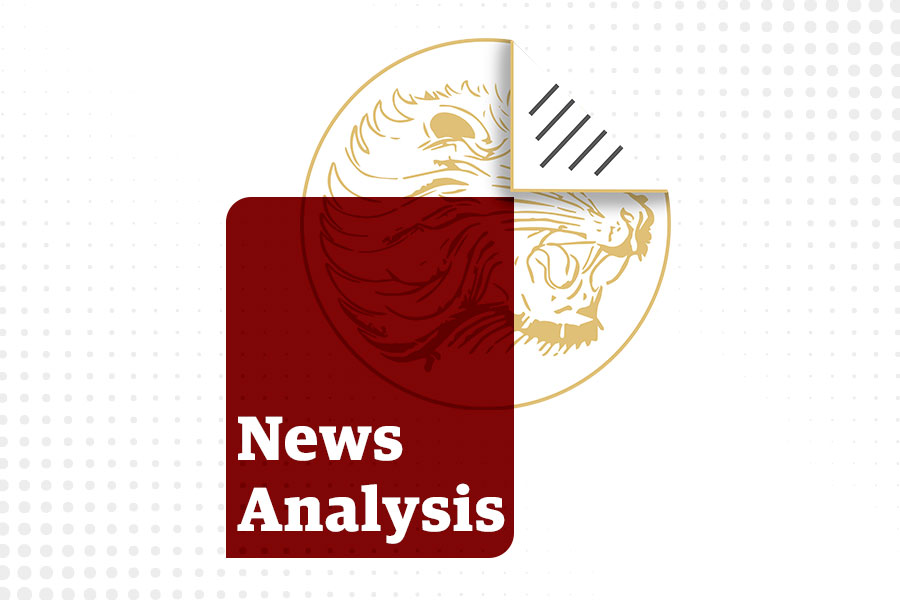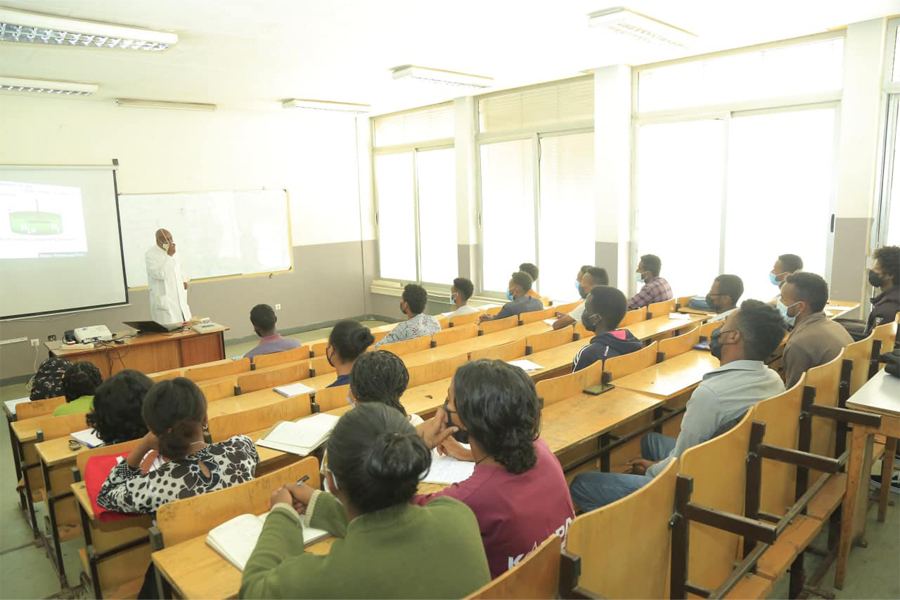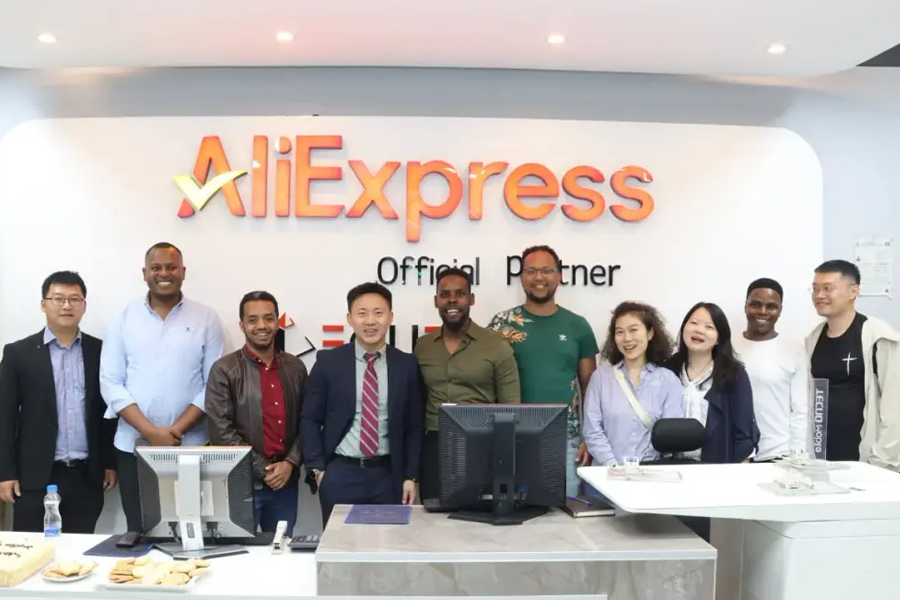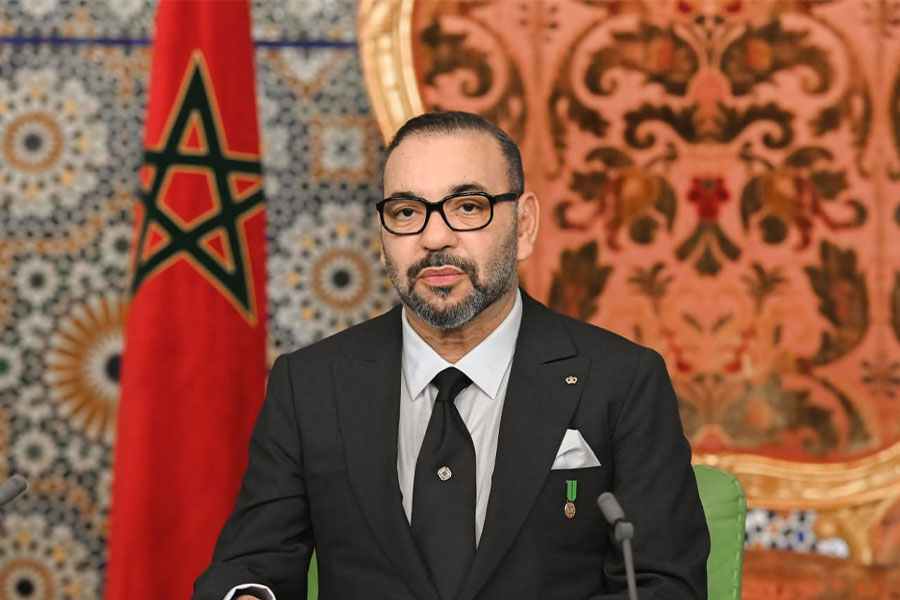
Aug 13 , 2022
By Brook Kebede
The relevance of involving civil society organisations (CSOs) in creating accountability for non-state and state actors and responding to the threat of human rights violations is greater than ever in Ethiopia, writes Brook Kebede Abebe (kebedebrook89@yahoo.com), lecturer at University of Gonder's School of Law.
Several human rights violations and abuses have occurred against civilians and properties in Ethiopia. Both state and non-state armed groups are allegedly committing mass killings, murder, mutilation, torture, cruel and inhumane treatments, kidnapping, destruction of property, intimidation and displacement. There is a need for the active engagement of civil society organisations (CSOs) to create accountability.
The previous legal regime restricted CSOs from engaging in human rights, democracy, and rule of law issues. The recent revision of the proclamation governing them is a significant step forward for the expansion of the role of civil society in protecting and promoting human rights. CSOs can now play a vital role in the accountability of non-state actors for human rights abuses.
Literature indicates the relevance of involving CSOs in creating accountability for non-state actors and the response to the threat of human rights violations and abuses at the global level. Civil society organisations can go deeper by investigating human rights abuses made by non-state actors in Ethiopia. For instance, the Ethiopian Human Rights Council (EHRCO) goes to the most remote villages or under-served slums or townships if there are atrocities and serious human rights violations and abuses.
CSOs can play a key role in monitoring and investigating human rights violations and abuses in Ethiopia since they document the type and nature of violations and abuses, perpetrators and victims. They are also advocating for legal and institutional reforms and conducting strategic litigation to hold perpetrators accountable. Naming, shaming, and blaming the actors is a part of this process.
The Human Rights Council is highly engaged in the investigation of human rights violations as well as abuses in different parts of the country. They are interviewing victims, government officials, other community members, and anyone else who may have information. Then they verify the information and contrast what they have documented and observed with what governments report.
In addition to monitoring governments, the likes of the Ethiopian Human Rights Defenders Centre are reporting the facts and the human rights violations and abuses made by non-State actors and their findings on several occasions.
These reports must be accessible to the public to mobilise and hold state and non-state actors accountable to domestic and international bodies. The reports are essential for the government to change the situation in the reporting areas.
Some CSOs themselves can be involved in the provision of humanitarian assistance to victims of human rights violations and abuses. Others may launch interventions to prevent the recurrence of human rights violations and abuses from ethnic and religious-based conflicts by promoting "social cohesion." No less pertinent is for CSOs to engage in awareness creation by providing different human rights training to judges, police, prosecutors, and lawyers.
The role of media is relevant to the activities of CSOs. This is because the media is an important platform for expanding awareness creation. There are several new opportunities for civil society groups to interact directly with the public, particularly with young people, through social media.
The experience of other countries indicates that human rights litigation is often directed by public interest groups and CSOs working in human rights. Procedures to create access to such entities must be crafted through more liberal democratic rules. The government should be pressured to enact a more liberalised procedural law. The provision of free legal assistance for victims of human rights abuses - as a part of fundamental rights to a fair trial - is an effective remedy for the victims and ensures the accountability of human rights abuses.
Even though everyone has the right to access justice, some people cannot afford it financially. CSOs need to engage in the provision of legal aid services for victims of human rights abuses. They should design a project aiming to identify and provide free legal assistance to the alleged victims of human rights abuse.
CSOs can also prepare shadow or parallel reports that will be submitted to treaty bodies and the African Commission on Human & Peoples' Rights as mechanisms to express their concerns. They can submit reports to hold the Ethiopian government accountable for failing to provide protection and remedies for victims of human rights abuses. For instance, the Ethiopian Human Rights Council regularly writes parallel reports to the African Commission.
This does not mean that CSO advocacy is without flaws. They are sometimes criticised for lacking impartiality and independence. Other times, they are portrayed as bodies established not to advocate for the change of the country's human rights situation but to draw in funding to pay fat checks for consultants and board directors. Civil societies must work tirelessly to create accountability and ensure good governance within their organisations to address such an image.
PUBLISHED ON
Aug 13,2022 [ VOL
23 , NO
1163]



News Analysis | Mar 09,2024

Editorial | Aug 12,2023

Viewpoints | Jun 21,2025

Viewpoints | Jul 27,2024

Agenda | Aug 25,2024

Radar | Nov 03,2024

My Opinion | Feb 25,2023

Advertorials | Jun 03,2025

Radar | Oct 05,2025

Photo Gallery | 178296 Views | May 06,2019

Photo Gallery | 168501 Views | Apr 26,2019

Photo Gallery | 159281 Views | Oct 06,2021

My Opinion | 137061 Views | Aug 14,2021
Commentaries | Oct 25,2025

Dec 22 , 2024 . By TIZITA SHEWAFERAW
Charged with transforming colossal state-owned enterprises into modern and competitiv...

Aug 18 , 2024 . By AKSAH ITALO
Although predictable Yonas Zerihun's job in the ride-hailing service is not immune to...

Jul 28 , 2024 . By TIZITA SHEWAFERAW
Unhabitual, perhaps too many, Samuel Gebreyohannes, 38, used to occasionally enjoy a couple of beers at breakfast. However, he recently swit...

Jul 13 , 2024 . By AKSAH ITALO
Investors who rely on tractors, trucks, and field vehicles for commuting, transporting commodities, and f...

Oct 25 , 2025
The regulatory machinery is on overdrive. In only two years, no fewer than 35 new pro...

Oct 18 , 2025
The political establishment, notably the ruling party and its top brass, has become p...

Oct 11 , 2025
Ladislas Farago, a roving Associated Press (AP) correspondent, arrived in Ethiopia in...

Oct 4 , 2025
Eyob Tekalegn (PhD) had been in the Governor's chair for only weeks when, on Septembe...

Oct 25 , 2025 . By YITBAREK GETACHEW
Officials of the Addis Abeba's Education Bureau have embarked on an ambitious experim...

Oct 26 , 2025 . By YITBAREK GETACHEW
The federal government is making a landmark shift in its investment incentive regime...

Oct 29 , 2025 . By NAHOM AYELE
The National Bank of Ethiopia (NBE) is preparing to issue a directive that will funda...

Oct 26 , 2025 . By SURAFEL MULUGETA
A community of booksellers shadowing the Ethiopian National Theatre has been jolted b...